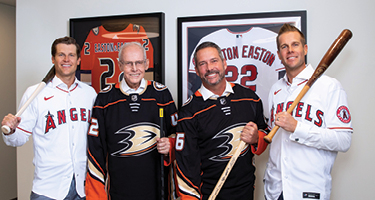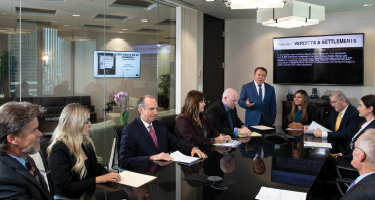Dedicating more than 20 years of her legal career to employment law, Julie Dunne is currently working as an attorney and partner at DLA Piper LLP in San Diego, California, after joining the firm in 2020. A graduate of the University of San Diego School of Law in 1992, Dunne also serves as a full-time member of the National Retail Federation’s Committee on Employment Law and formerly served as the co-chair of the Labor and Employment Law Section of the San Diego County Bar Association.
Dunne has been recognized in Best Lawyers® since 2011 for her work inEmployment Law– Management and Litigation – Labor and Employment. Dunne is the 2023 “Lawyer of the Year” for Litigation – Labor and Employment in San Diego.
Dunne stated of legal experience in employment law: “I really appreciate the opportunity to represent employers. I have tremendous respect for people who run a business and provide job opportunities for others. There is a great deal of risk and stress involved when it comes to matters of labor and employment, including the stress of being able to keep employees on payroll and in a position to provide for their families. In my career, I’ve had the good fortune to represent employers who value and respect their employees while also abiding by the law. As a result, they have a strong focus on compliance, which has made my job defending those employers even easier and more rewarding.”
For two decades, Dunne has represented some of the retail industry’s leading employers in various employment-based legal matters. From defending employers in wage-and-hour class action suits to educating clients on updated provisions in the Fair Labor Standards Act (FLSA), Dunne has experienced it all. As an attorney navigating California’s ever-changing legal landscape, labor and employment laws are constantly in motion.
“California’s wage-and-hour law and the state of labor and employment, in general, are always changing. It seems that every year the California legislature is creating new wage-and-hour laws or expanding on pre-existing employment laws to improve standards for both the employer and employee. Oftentimes, these proposed employment laws, while beneficial, are not always the model of clarity when displayed in the courts. Sometimes this can cause conflicting interpretations of what the law requires and where employers stand. As a result, keeping clients informed of any changes in the current law while working to help them develop compliance and employment strategies for the future can be an ongoing challenge that requires continued attention.”





























